
Part-Time Finance and Administration Officer Job Posting
Part-Time Finance and Administration Officer Application deadline – July 15, 2025 Location: Remote Job Description: Part-Time Finance and Administration Officer It Gets Better Canada (IGBC)
Together, with a host of experts and community collaborators, we’re helping queer and questioning youth and their allies across Canada prepare for the new academic year—by prioritizing and supporting self-care.
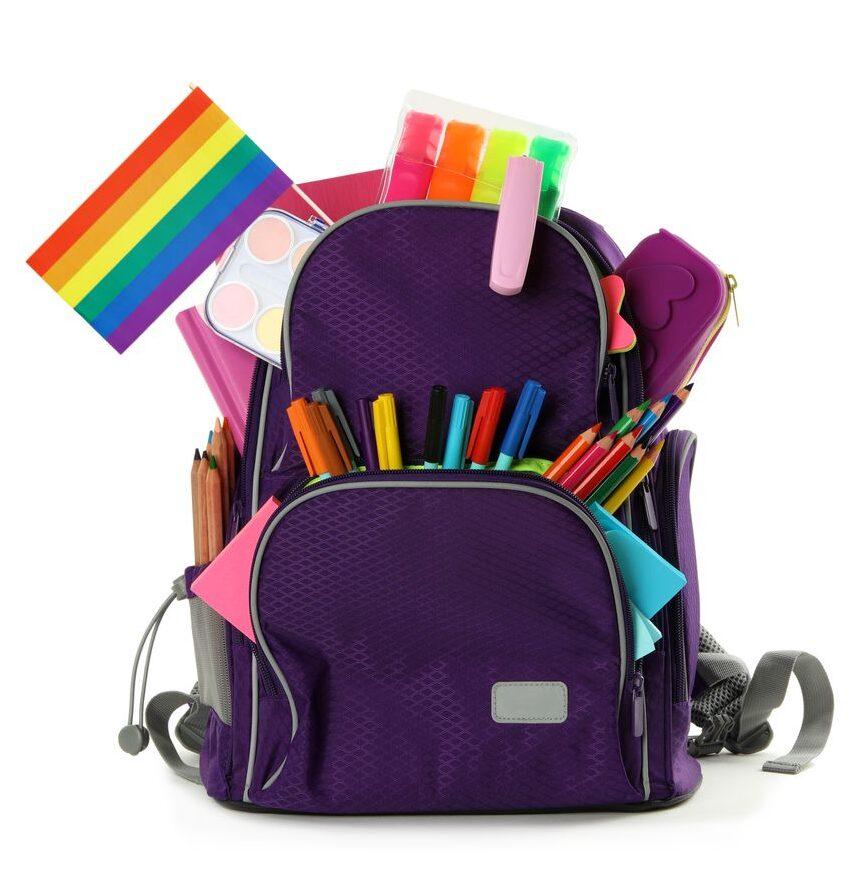
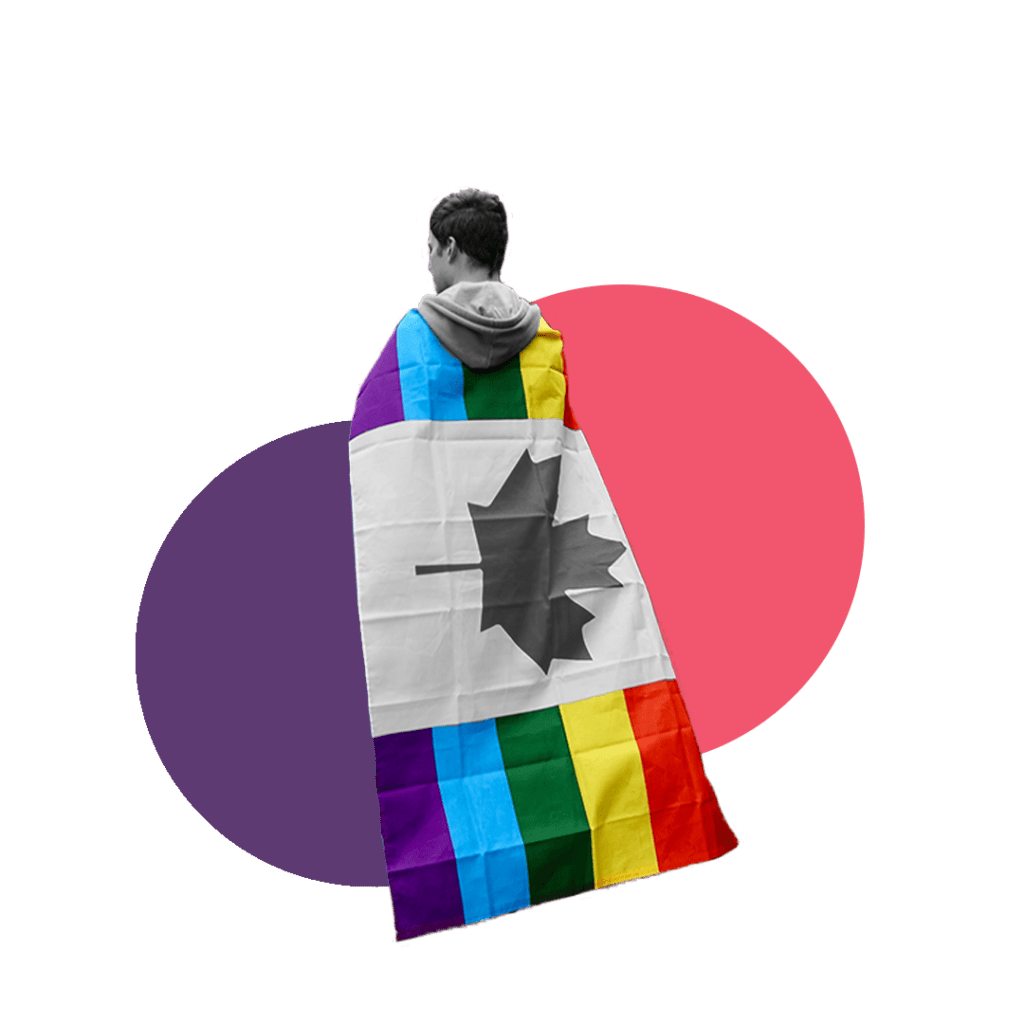
At It Gets Better Canada, we envision a future where every school from coast to coast is a place where 2SLGBTQ+ youth feel empowered to be themselves—and are free to learn and grow in a safe and supportive environment.
As a student, having a core sense of safety and belonging helps free up your mental space so you can make better use of the energy you may have previously spent just trying to get through the day.
The words “back to school” can bring up positive or negative feelings (or both) inside of you depending on your personal circumstances. While you may be excited to reconnect with your friends, your favourite activities, or some beloved teachers—those three words can also be triggering, especially if you struggle in some way.
This may be especially true for those of you struggling with in-person learning after self-isolation, those who are still figuring out their gender or sexual identity, those who haven’t come out, introverted folks, and if you’ve experienced bullying.
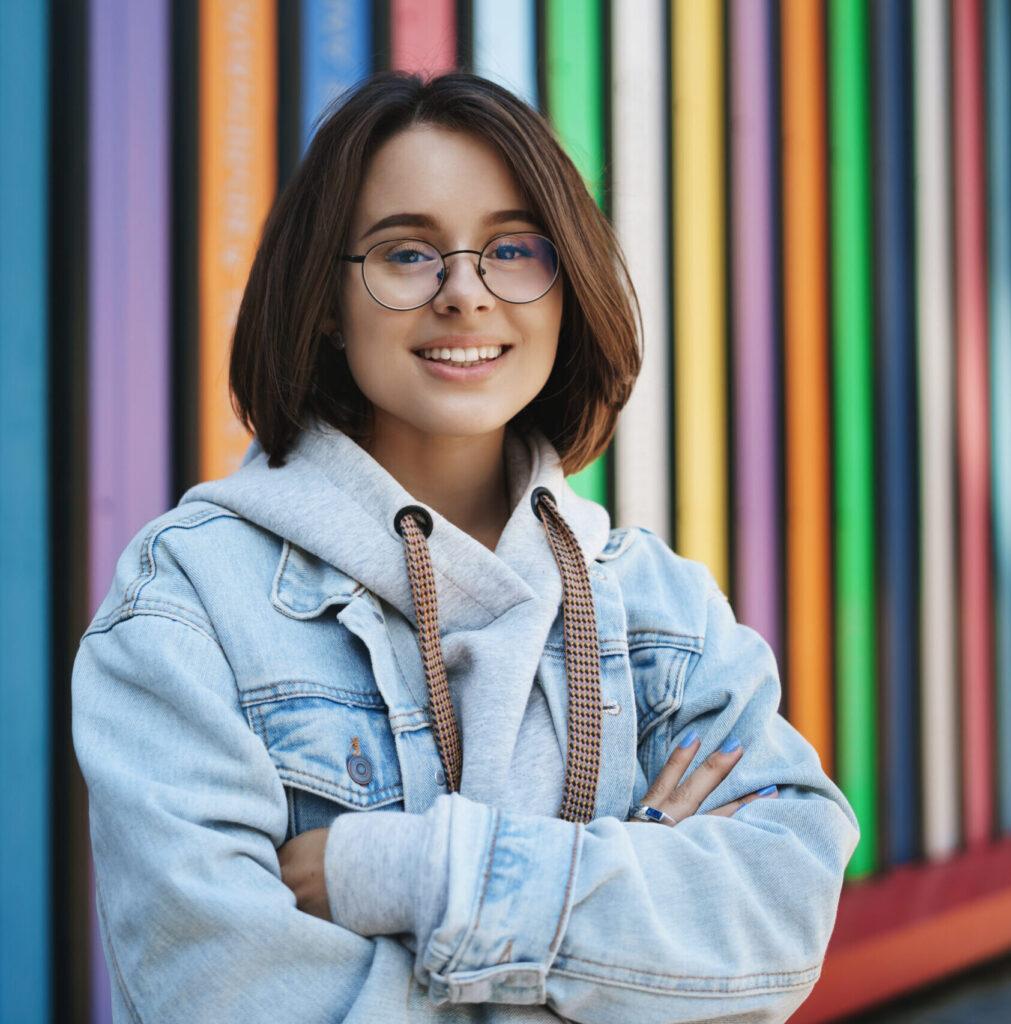

It can also be tough to handle emotional, social, or academic situations if you’re part of the neurodivergent or disability communities, also recognizing that some of you may be undiagnosed at this stage in your young queer life.
Taking some time to check in with yourself can help you name your feelings and find ways to prioritize your needs.
Checking in with yourself can go a long way in shaping your school year. We recommend doing this before school starts—and again throughout the year, as you grow and change. You might choose to draw or write down your thoughts in a journal to track your inner journey, or express yourself in another way that fits your style.
Check out Ethan’s personal insights in I’m Not Coming Out of the Closet: The Road to Figuring Out My Sexuality.
You can also brush up on queer facts and empowering narratives by checking out our Summer Reads 2022: Our Top 12 Gender-Inclusive Books for Queer Youth & Allies That Take Us Beyond the Binary
Check out a recording of our live round-table event The Power of Perseverance: A Queer Youth Mental Health Panel to hear personal, inspiring stories from other queer youth.
Before your first day, you can email your school’s administration and your teachers to let them know your pronouns or your chosen name, if they differ from your student records.
You can also suggest to your teacher that they email the class to help set a welcoming tone and support any fellow queer students ahead of time by asking them to provide the name and pronouns they use.
Check out GLSEN’s 10 Back-to-School Tips For LGBTQ Students to find out other ways you can help prepare yourself ahead of your first day.
You can take other small steps to help align your environment with who you are.
For instance, state your pronouns when introducing yourself, or when writing your name on homework or assignments. This helps your teacher learn your pronouns, and encourages them and your classmates to share theirs.
Check out Pree’s (they/them) “coming in” story, Trusting My Queer Heart To Guide My Path, and Ethan’s interview with three queer youth who travelled from small towns to attend Toronto Pride this year, talk about the different ways they choose to express and affirm themselves.
As we mentioned earlier, if you’re a teen or young adult, it can be especially tough to navigate your identity, expression, and your relationships.
A rapidly developing brain, hormones, and puberty can affect your mental health and your relationships with family, friends, and teachers.
No matter if you’re questioning your sexual orientation or your gender identity, or you’re further along in your personal journey, creating your support system and connecting with your community is an important move towards protecting your mental health.
You can participate in 2SLGBTQ+ school initiatives or start your very own student-led group. But if school on its own doesn’t quite meet all your needs, consider getting involved in extracurricular activities on evenings or weekends to feed other parts of the multi-faceted person you are.
For instance, if you love being active but organized team sports bring up negative or binary-restrictive connotations, consider solo activities like running. Or make your own soccer team with friends—and grow it by having them invite their queer or allied friends.
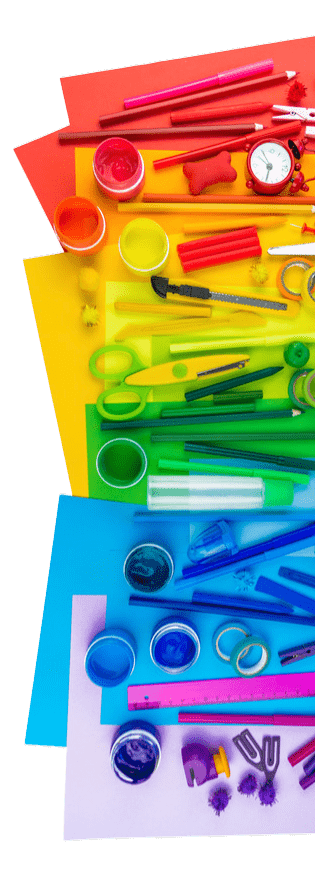
Check out Ethan’s interview with Toronto-based 2SLGBTQ+ waterpolo team, which prides itself on its team spirit and provides an inclusive safe space for queer youth.
If dancing is your jam, check out queer and BIPOC-inclusive spaces and body-positive studios in your area. Get inspired by watch our video series by filmmaker and choreographer, Phil Kim (he/they), Queerography, as they explore the journeys of five 2SLGBTQ+ BIPoC Toronto dancers and their unique experiences tackling their identity, mental health and sense of community.
Or check out Mia’s (she/they) written piece and accompanying video about how she uses fashion and art as an outlet for her gender identity and expression.
We’re also always looking for 2SLGBTQ+ youth contributors to share their personal stories of hope and resilience. Whether you’re an aspiring writer, or an everyday human with a story to tell—we’d absolutely love to hear from you!
Connect with us to share your story and tell us a bit about yourself and the idea behind your piece.
While we’ve touched on adding elements to your life, keep in mind there is also power in simplifying or reducing your commitments. If you find yourself overwhelmed or in need of more balance to focus on your studies, self-care also means making adjustments with your whole self in mind.
While queer youth across Canada are more vocal and visible now more than ever before—without passionate and caring adults and decision-makers (like you!) with the power to move change along, many queer youth still remain limited by their environment.
Since you’re here, chances are you agree with us that the mental and physical wellbeing of queer and questioning youth deserves to be taken seriously by those responsible for their care and education—including parents, teachers, coaches, school boards, and the government at-large.
You can directly contribute to their overall success as an allied adult by fostering and upholding environments that are safe, inclusive, and compassionate. You can help put students on a viable and empowered path to success—in all senses of the word.
Check out Egale’s program to build inclusive schools, which shows educators how to navigate cyberbullying, faith, and how to support trans and non-binary youth.
Allied educators can help set an inclusive space by normalizing queer youth, families, and relationships in school hallways and during classroom discussions, while still attuning to their unique needs.
It’s always a good idea to ask students how you can best assist them and nurture an open dialogue in line with their boundaries.
To help you out in the meantime, check out Tanya Boteju’s (she/her) inspirational insights she shares with queer and questioning youth, and fellow teachers.
Also, to help support queer and questioning students physical health, check out AK MacKellar’s (they/them) Health & Wellness Tips. MacKellar is a body-inclusive fitness coach, wellness speaker and the founder of Free To Move, the body-inclusive movement platform for the 2SLGBTQ+ community.
Lastly (but certainly not least!), check out A celebration of love: Kendall Gender & Patch Donaghy, where our guests share their love story to help normalize trans relationships in a world that is still learning.
School staff can help provide a mentally safe and inclusive space by keeping a supply of various period products readily accessible to all students, regardless of their gender identity or expression.
Check out IGBC contributing writer Vic Alexander’s (she/they) piece on Navigating Gender Dysphoria Around Periods and Uterine Health, as well as their guide on Inclusive Language to learn how to support students’ individual needs.
Allied educators have a responsibility to acknowledge the role of intersectionality for queer BIPOC youth. Especially for Indigenous communities where school environments have been traditionally associated with oppression.
While systemic unlearning and rebuilding continue, many schools from coast to coast still lack Indigenous resources in predominantly white institutions. Real change can be painfully slow. And it can take a while for those affected to feel and trust its positive effects.
Allied educators and school board officials can help deepen and accelerate change by creating safe spaces where indigeneity and queerness are openly celebrated and discussed.
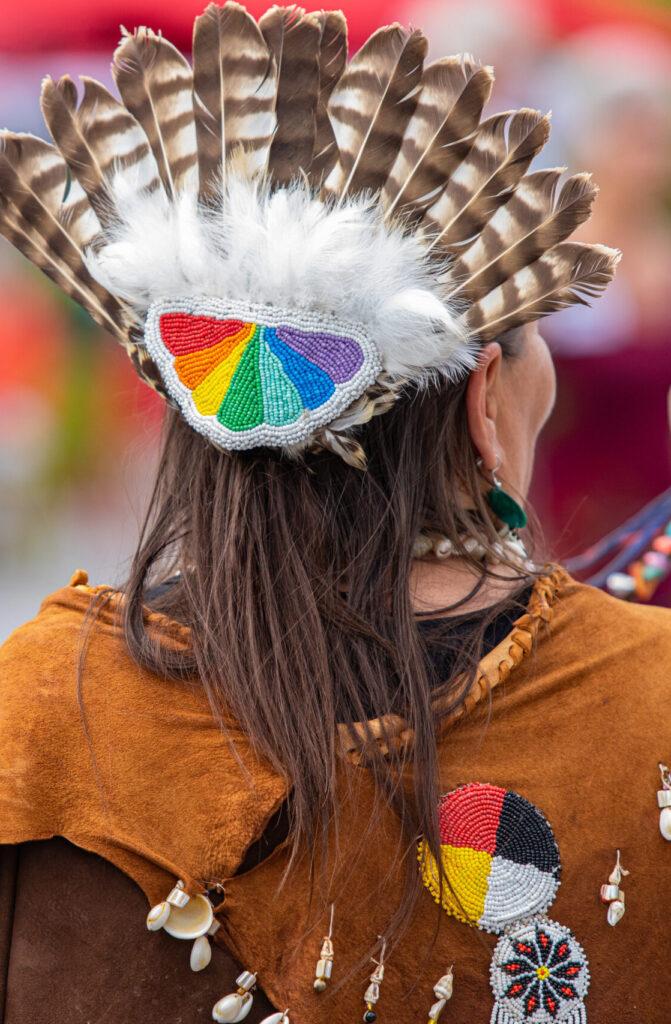
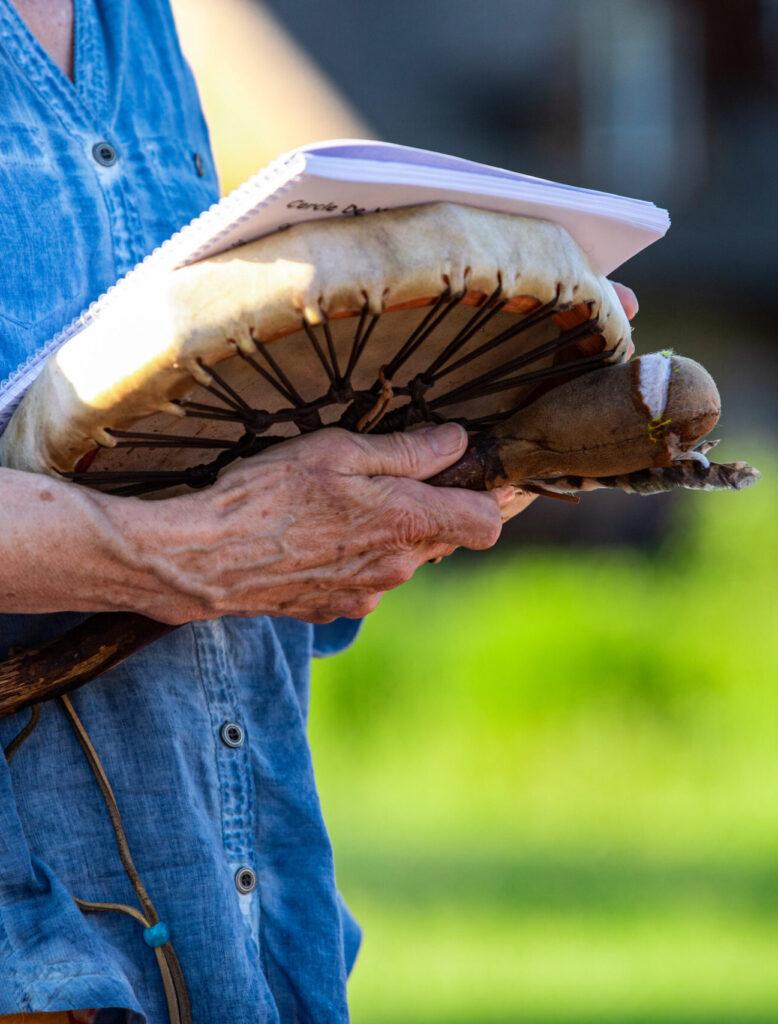
Consult with elders and Indigenous community leaders to inform your decision-making. Know that your compassionate and informed action goes a long way to establish trust, promote healing, and spread a sense of belonging among queer Indigenous youth for generations to come.
Check out Sage Initiative, an Indigenous queer and female-founded enterprise that empowers Indigenous womxn, their families, and communities to build the skills and capacity needed for overall success and wellbeing.
You can also help build an allied and feminist culture at your school by engaging with the Moose Hide Campaign, a movement of Indigenous and non-Indigenous men standing up to end violence towards womxn and children.
At It Get Better Canada, we recognize the impact going back to school can have on youth and value the importance of feeling safe and accepted within your environment. As you continue to navigate through your school year, connect with our content year round as you seek out support, affirmations and knowledge to live your best life.
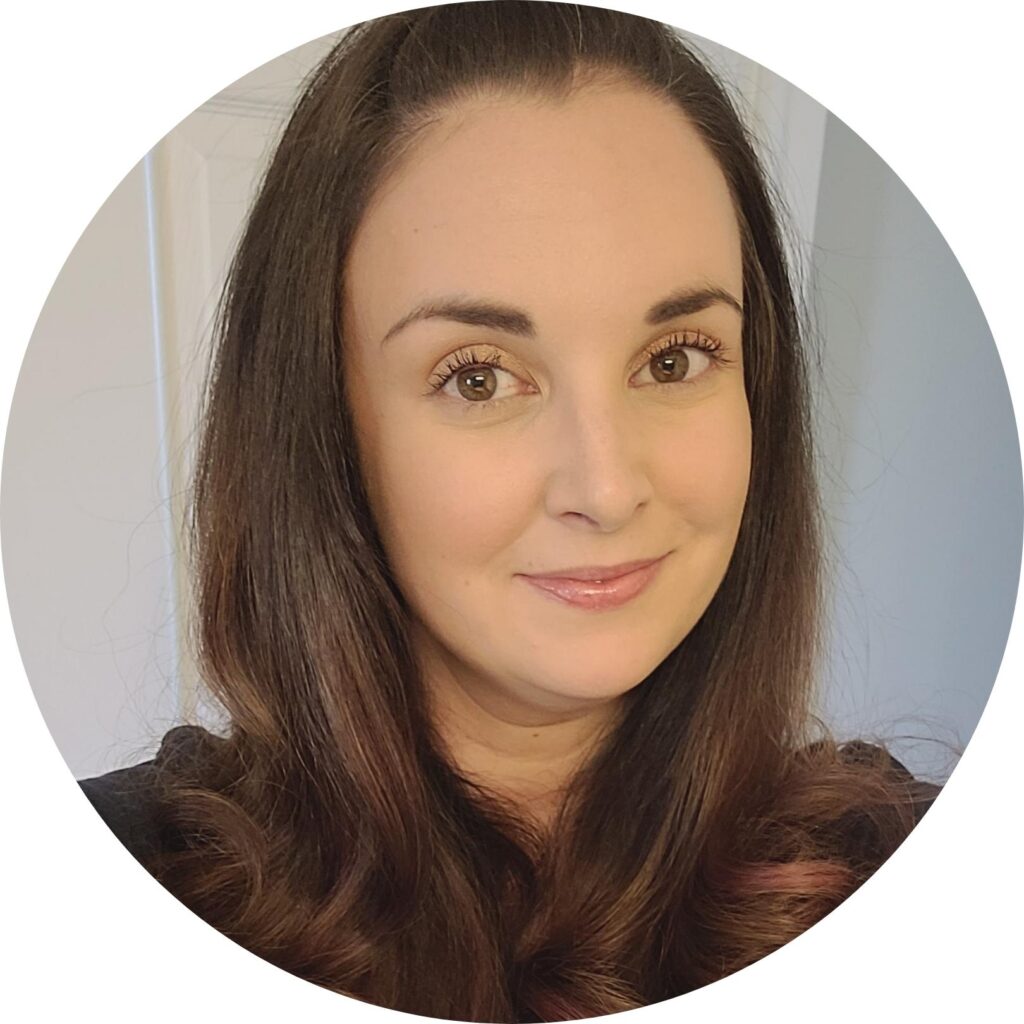
Marie-Eve Carrière (she/her) is an Ottawa-based Content Writer. She is an intern at It Gets Better Canada through Humber College’s Professional Writing and Communications graduate program, where she is a two-time Dean’s Honour List student. Recognizing the power of self-advocacy and empowered by ADHD and learning disability diagnoses during the pandemic, she set out to reinvent her 12-year government career into one that aligns with her authentic self. As an intersectional feminist, bisexual, and neurodivergent professional, she uses storytelling and community engagement as tools for social change. She is an outspoken advocate for 2SLGBTQ+ issues and uses her writing to help shape a more informed and compassionate world. Marie-Eve lives with her loving husband and their wonderfully inquisitive son.
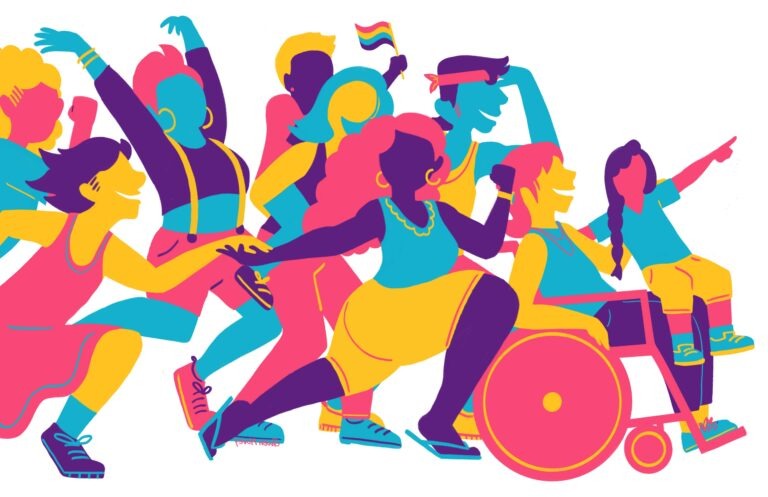
It Gets Better Canada is committed to connecting Canada’s 2SLGBTQ+ youth to a better future
Help us uplift, empower, and connect today’s youth across Canada today!
Your donation is eligible for a charitable tax receipt
Support the Movement

Part-Time Finance and Administration Officer Application deadline – July 15, 2025 Location: Remote Job Description: Part-Time Finance and Administration Officer It Gets Better Canada (IGBC)

About the day The International Day Against Homophobia, Transphobia and Biphobia is observed annually on May 17th. This day was created to raise awareness and
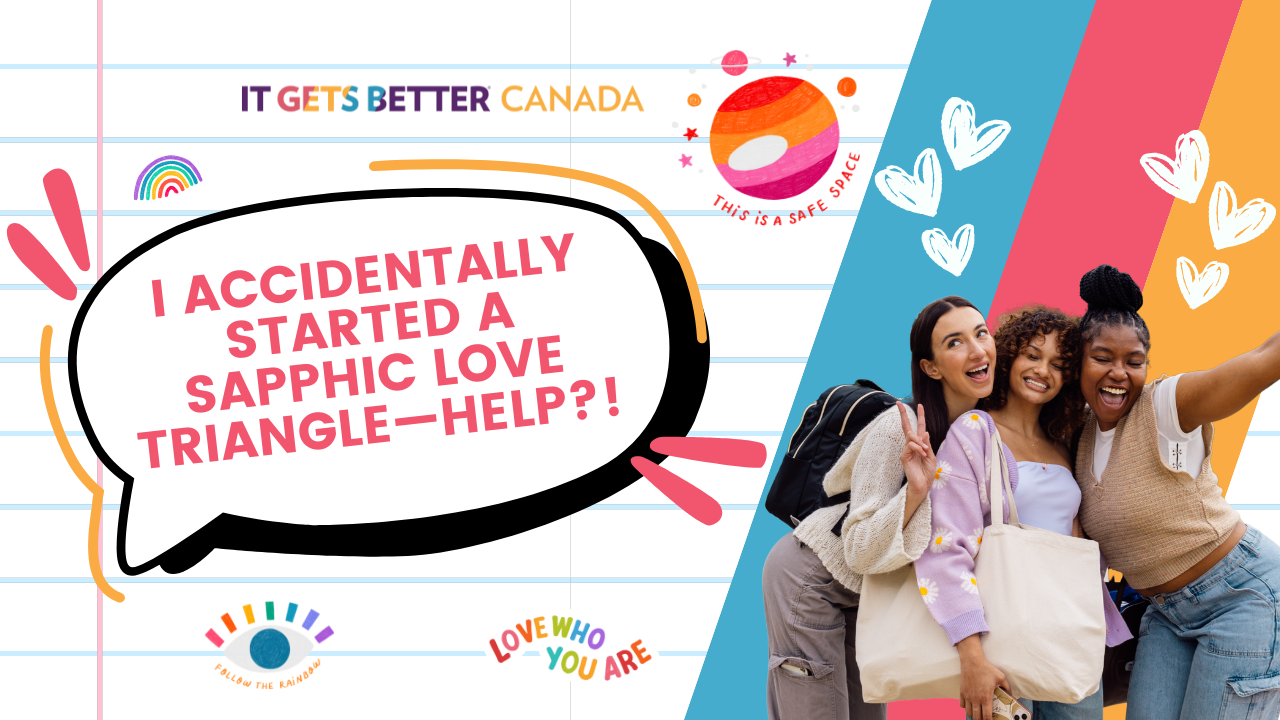
Dear Queer, So… I think I may have unknowingly written myself into the plot of a messy queer romance novel. I (24F) recently started casually
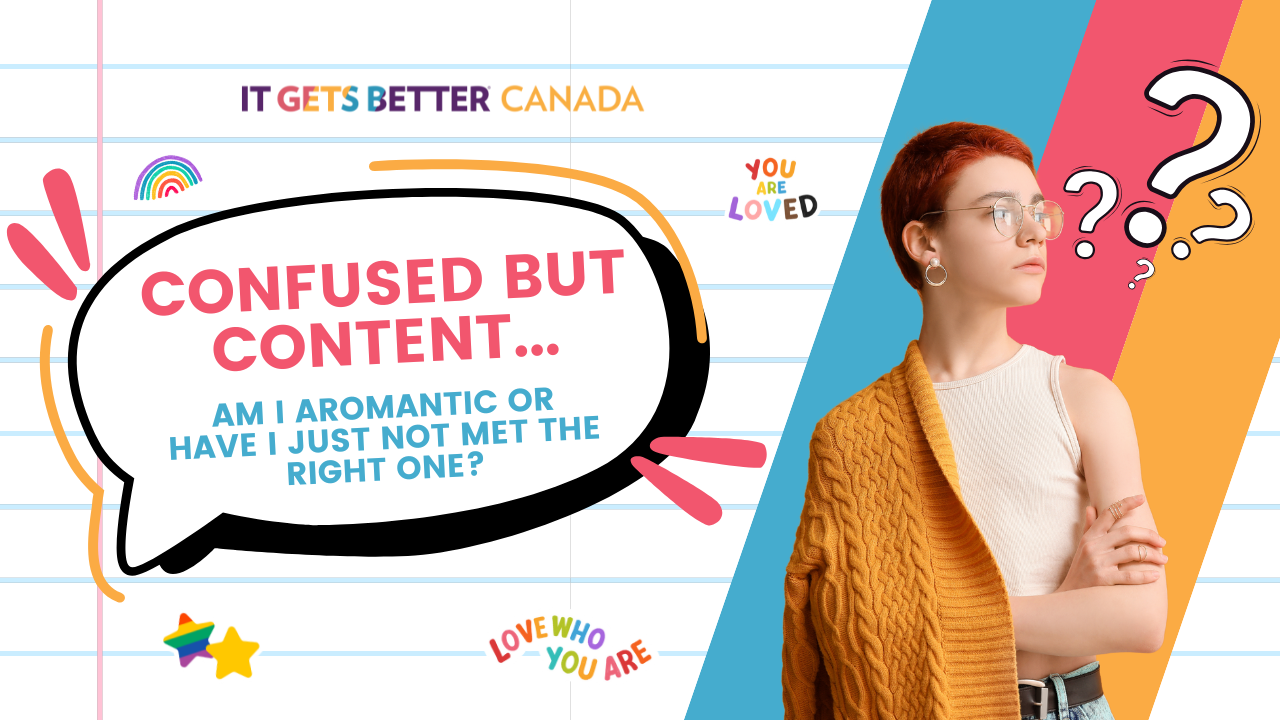
Dear Queer, Lately, I’ve been questioning my sexuality because I think I might be aromantic. I’ve never really felt romantic attraction, but I have deep,

It Gets Better Canada is proud to receive over $1.5 million in federal funding It Gets Better Canada is proud to announce that we have

